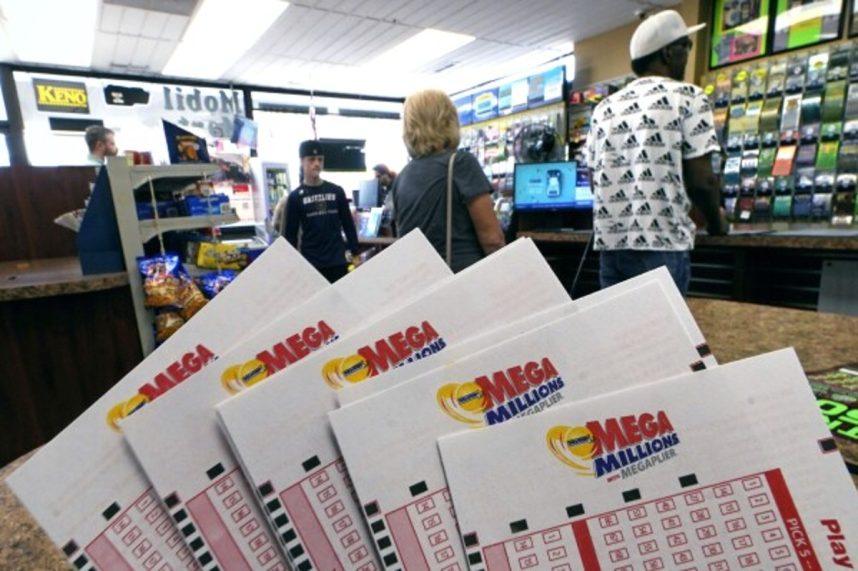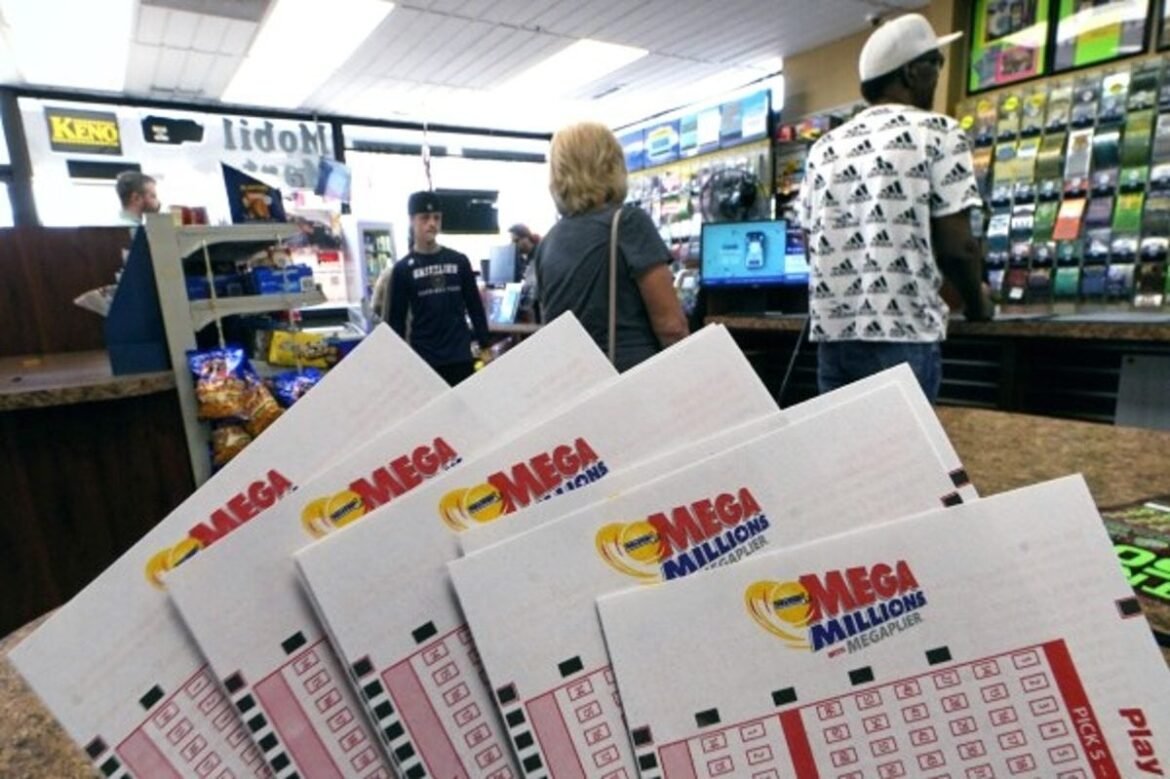Posted on: October 22, 2023, 09:26h.
Last updated on: October 22, 2023, 09:26h.
A public policy think tank has found that 66,000 substantial lottery winners remain on food subsidies in the US despite claiming prizes that should have disqualified them from such government assistance.

The Foundation for Government Accountability (FGA) says states need to better police their food stamp programs to weed out abuse.
The conservative nonprofit based in Naples, Fl., discovered that tens of thousands of lottery winners continue to receive food benefits through the Supplemental Nutrition Assistance Program (SNAP). The federal government’s food stamp program provides funds to states to aid low- and no-income people.
But Hayden Dublois, data and analytics director at the FGA, says states have failed to remove many lottery players after their wins rendered them unqualified for continued food assistance.
Dublois said 13 states responded to the group’s request for information on the number of substantial lottery winners who remain on the food stamp program since 2019. The FGA made the requests through Freedom of Information Act (FOIA) filings.
Major Winners Cheating States
In an op-ed recently published on the Fox News website, Dublois says the lottery winners who continue to receive SNAP benefits are doing so “through a combination of state negligence and federally created loopholes.”
SNAP is supposed to only go to people who are at or below 130% of the poverty line. For a family of three, the income rate comes to $2,694 a month — or about $32,328 a year. Dublois says the state data shows that at least 66,000 people remained on SNAP benefits despite winning lottery prizes in excess of those qualifying numbers.
We aren’t talking about the proud owners of $20 prizes from scratchers,” Dublois wrote. “In South Dakota, the winner of a $2 million jackpot is still being subsidized by taxpayers.”
Dublois and the FGA believe states must better cross-check lottery winning records with their SNAP rosters. The think tank is also recommending that Congress amend the food benefit program’s “broad-based categorical eligibility” that allows states to sign up someone for SNAP without an eligibility review if that person is receiving another taxpayer-funded benefit. The thinking is that if the person qualified for another government assistance program, they likely would also qualify for food stamps.
“[Congress] should permanently end broad-based categorical eligibility, ensuring that every food stamp recipient meets the federal asset test. They should also mandate that every state implement robust data checks between food stamp rolls and lottery winning records, as well as other key data such as death records and employment and wage records,” Dublois concluded.
Bigger Problem Than Reported
Dublois says the roughly 66,000 people who won lottery prizes that should have terminated their SNAP benefits but didn’t is presumably much larger because only 13 states complied with the FOIA requests. All but five states have a lottery.
“It shocks the conscious and defies belief,” Dublois told Fox News Digital. “And this is data from only 13 states. The 50-state number is likely titanic. The scale of the problem is staggering — even by government standards.”



